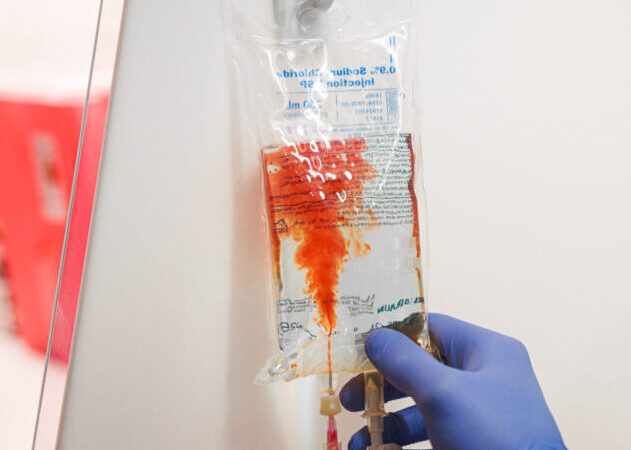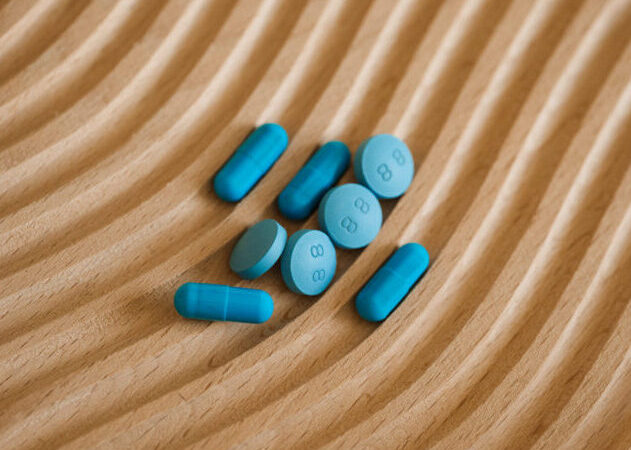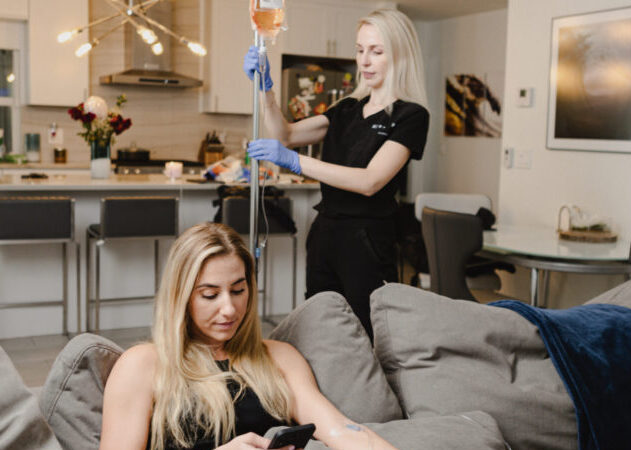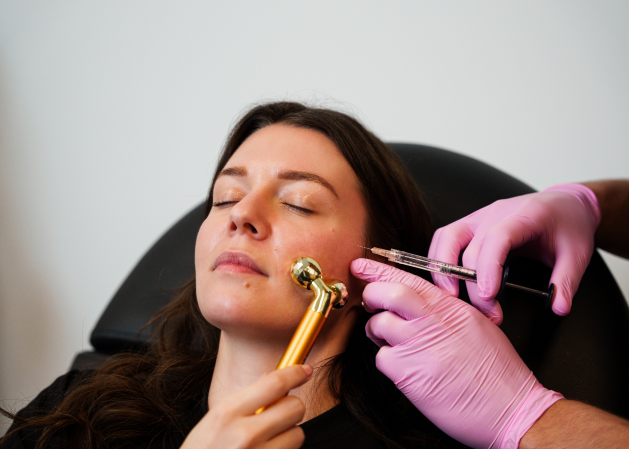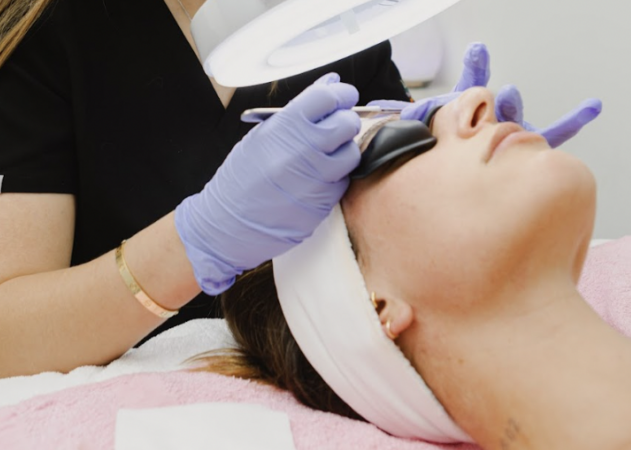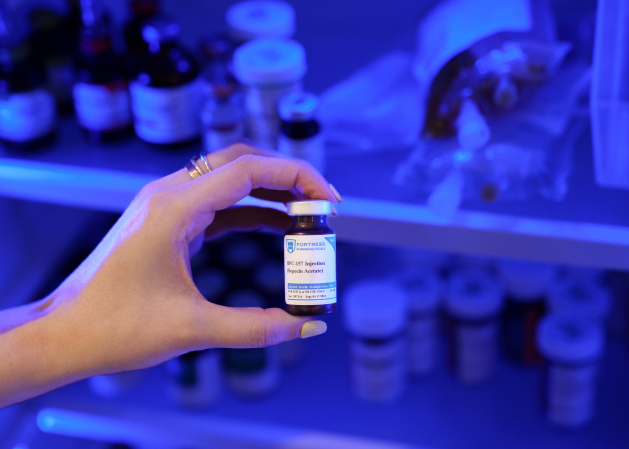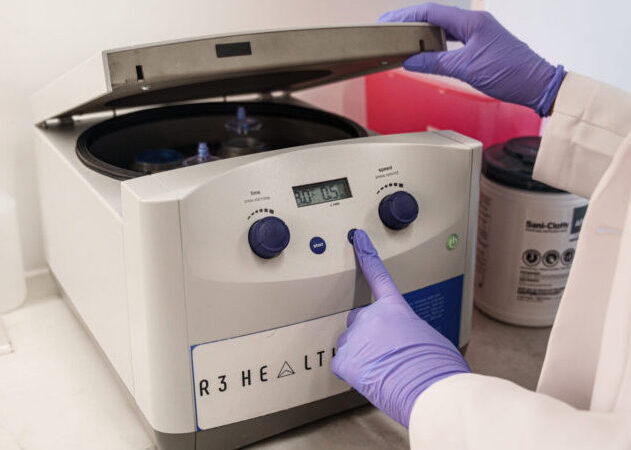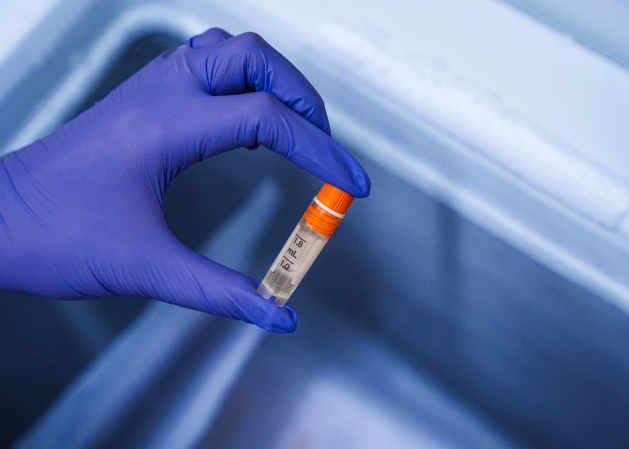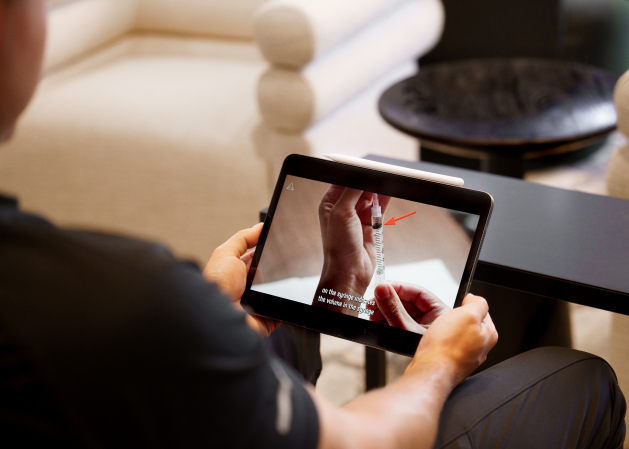We’ve all been personally affected by the COVID-19 pandemic, either through our own experiences or witnessing the impact it had on our loved ones. Unfortunately, approximately 30% of individuals who have had COVID-19 continue to struggle with persistent symptoms, commonly referred to as Long-COVID or Post-COVID Conditions. These prolonged symptoms can persist for weeks, and in some cases, even years. Recognizing the severity of this issue, the United States has initiated a national research action plan specifically dedicated to Long-COVID. Researchers have been investigating various therapies to help individuals still grappling with these debilitating symptoms (AL. Cabrera et al., 2021).
According to the Center for Disease Control (CDC), the most frequently reported symptoms among Long-COVID patients include neurocognitive impairment, fatigue, hypoxia, and continuous inflammatory response, among others. Fatigue, in particular, stands out as the most common symptom, impacting the daily lives of 65% of Long-COVID patients (AL. Cabrera et al., 2021). Addressing this overwhelming fatigue has proven to be a significant challenge, but there are notable similarities between this COVID-induced symptom and chronic fatigue syndrome.
Hyperbaric oxygen therapy (HBOT) involves breathing 100% oxygen intermittently under increased atmospheric pressure. Previous studies have demonstrated the improvement of chronic fatigue syndrome (CFS) symptoms through HBOT (Akarsu S., et al., 2013). These findings have prompted researchers to investigate the potential benefits of HBOT for Long-COVID symptoms.
In a groundbreaking clinical investigation led by UK researcher Tim Robbins, HBOT was studied as a treatment for Long-COVID with promising results. The study revealed that daily HBOT sessions over ten consecutive days led to statistically significant improvements in fatigue scales, cognition, executive function, attention, information processing, and verbal function (Robbins, T. et al., 2021). This research served as a crucial initial evaluation of HBOT for Long-COVID symptoms and laid the foundation for further exploration of its potential benefits.
The most recent study in this field was conducted at the Sagol Center for Hyperbaric Medicine and Research at Shamir Medical Center and Tel Aviv University. This study marked the first randomized controlled trial to investigate the treatment of Long-COVID symptoms using HBOT. The participants included individuals who had been experiencing post-COVID symptoms for at least three months after their initial infection. The study divided the patients into two groups: 36 receiving HBOT and 36 in the control group. The data collected covered various aspects, such as qualitative questionnaire responses (anxiety, fatigue, and depression scales), sleep scores, brain physiology and oxygen perfusion, odor detection, and sense of taste (Zilberman‐Itskovich S., et al., 2022).
Given that Long-COVID has been associated with neuronal injury to the frontal lobe, the study delved into correlating symptom improvement with brain function through MRI and brain microstructure scans. The results revealed that psychiatric and cognitive symptoms were linked to microstructural changes in the frontal lobe and limbic regions (Zilberman‐Itskovich S., et al., 2022).
The study generated numerous positive results, indicating that HBOT is a viable treatment option for Long-COVID, particularly for symptoms such as psychiatric symptoms (depression and anxiety), brain fog, and fatigue. Moreover, it provides valuable insights into how brain structure changes during COVID-19 and how HBOT can aid in the brain’s regenerative process (Zilberman‐Itskovich S., et al., 2022).
With such a large portion of the population affected by Long-COVID, there is an urgent need for effective treatment options. While treatments for overall fatigue and cognitive function remain limited, HBOT offers a glimmer of hope for those suffering from the detrimental effects of these symptoms. At MedHouse and R3 Health, we are dedicated to designing personalized treatment plans to assist patients experiencing the persistent symptoms of Long-COVID.



